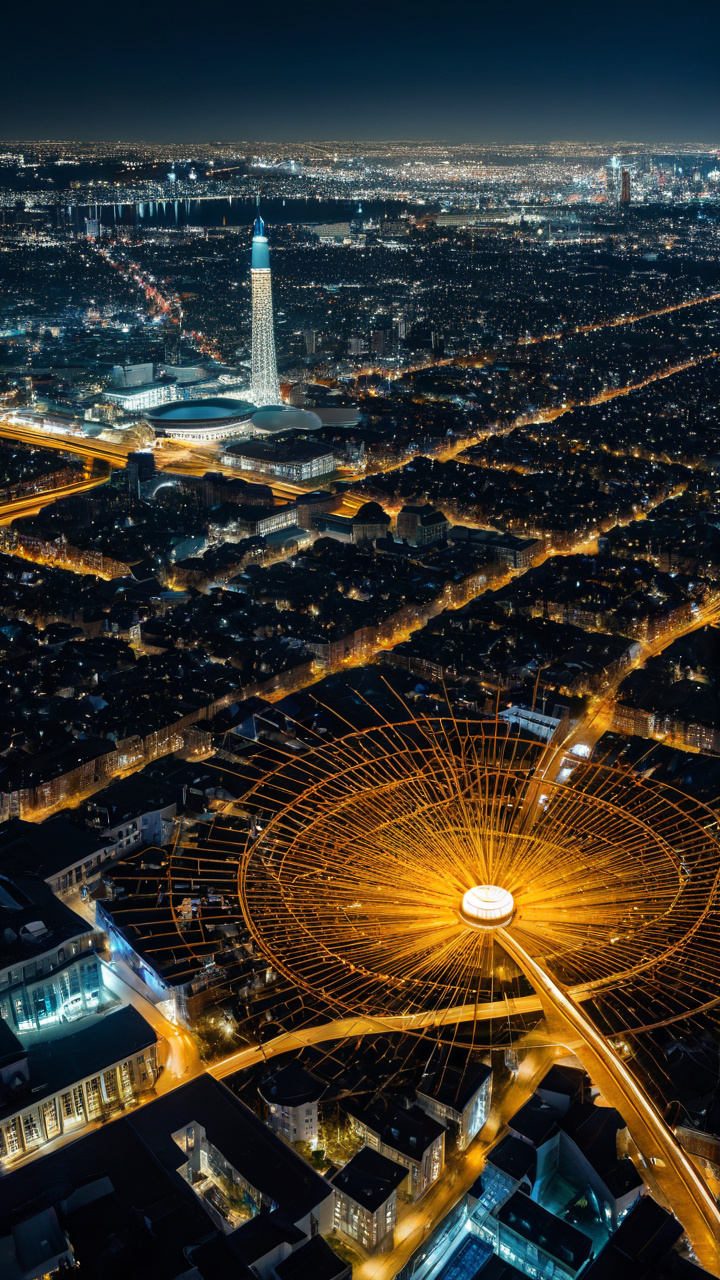
The Neural Network of Self
The subjective experience of “self”—that feeling of being a distinct individual—remains one of the greatest unsolved mysteries in science.
While we can point to specific brain regions involved in self-awareness (like the prefrontal cortex), the precise mechanism by which these neural networks generate the *feeling* of self remains elusive.
Our sense of self isn’t simply a sum of its parts; it’s an emergent property, arising from the complex interplay of billions of neurons firing in coordinated patterns.
These patterns, constantly shifting and adapting, are what we might consider the “blueprint” of our individual consciousness. [Link to a reputable neuroscience article on self-awareness].
Think of it like a symphony orchestra. Individual instruments (neurons) play their parts, but the beautiful, cohesive music (self-awareness) emerges from the intricate arrangement and coordination of all the players.
Damage to certain sections of the orchestra (brain damage) can disrupt the symphony, altering or even obliterating aspects of self-perception. This highlights the crucial role of the brain’s intricate neural network in shaping our sense of self.
Reincarnation: A Hypothesis Through the Lens of Neuroscience
The concept of reincarnation, the belief that consciousness survives physical death and is reborn in a new body, is deeply ingrained in many cultures and religions. From a purely scientific perspective, this idea presents a significant challenge.
How could the complex patterns of neural activity that constitute “self” be transferred or preserved beyond the death of the physical brain?
Current scientific understanding doesn’t offer a mechanism for this. The brain’s intricate structure relies on the physical integrity of its neurons and their connections.
Upon death, these structures degrade, making the preservation of consciousness in a tangible form highly improbable based on our current knowledge. [Link to a scientific article on brain death and consciousness].
However, this doesn’t necessarily rule out the possibility of some form of information transfer that we currently can’t comprehend.
Perhaps our understanding of consciousness and information storage is still too limited to entirely dismiss the hypothesis.
Exploring Potential Connections: Patterns and Information
This connects to something bigger in fascinating ways.
While direct evidence for reincarnation is lacking, we can explore the theoretical possibility using the framework of neural networks.
Could the patterns of activity within our brain, the intricate web of connections and firing sequences, hold some form of “information” about our past experiences and personalities?
This information, hypothetically, might be encoded in ways we haven’t yet discovered. Imagine a complex fractal pattern – the overall structure contains smaller, self-similar patterns.
Could the “self” be a similar kind of pattern, surviving in some altered form even after the physical substrate degrades? This is pure speculation at this stage, but it’s a thought-provoking area of exploration. [Image: A complex fractal pattern].
The Limitations of Current Science
It’s crucial to acknowledge the limitations of current neuroscience in addressing questions of reincarnation. Our understanding of consciousness is still rudimentary.
We’re only beginning to unravel the complexities of the brain, and the mechanisms underlying subjective experience are far from fully understood.
To claim that neuroscience definitively proves or disproves reincarnation would be a gross oversimplification.
The question remains firmly in the realm of philosophical and spiritual inquiry, even as scientific exploration continues to refine our understanding of the brain and consciousness.
Actionable Takeaways and Further Exploration
While we can’t definitively answer whether the patterns of your brain’s neural network hold the key to reincarnation, this exploration highlights the profound mystery of self and the limitations of our current scientific understanding. Instead of seeking definitive answers, we can focus on:
* **Deepening our understanding of neuroscience:** Explore resources on consciousness, brain plasticity, and neural networks.
* **Engaging in philosophical reflection:** Consider the nature of self, consciousness, and the possibility of life after death.
* **Maintaining an open mind:** Acknowledge the limits of current scientific knowledge while remaining curious and open to future discoveries.
The journey of understanding ourselves and the universe is an ongoing process. The intersection of neuroscience and spiritual concepts like reincarnation offers a fertile ground for continued exploration and critical thinking.



